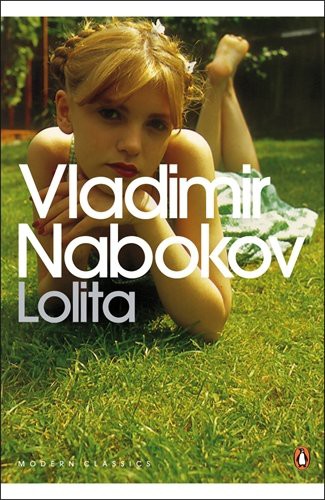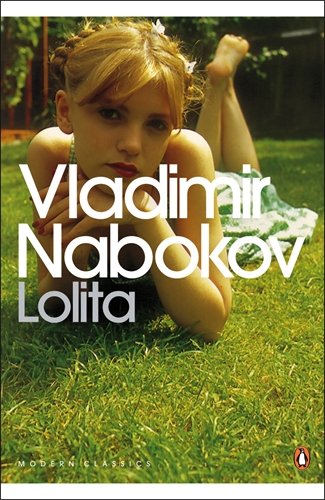
Vladimir Nabokov wrote Lolita after reading about the first animal, an ape in the Jardin Des Plantes, to draw. Out of everything the ape could’ve drawn, the sky, the grass, the face of its handler, in thick charcoal lines the ape drew the bars of its cage. These were the bars Nabokov envisioned around his protagonist, Humbert Humbert.
Lolita is a novel written for no one. The themes are vulgar and testing to even the most liberal of readers. Who can sympathise with the paedophile, the murderer, the monster that is Humbert Humbert?
But that’s the point. You give in to this monster, knowing you shouldn’t. You root for the paedophile and feel horror when the mother begins to suspect his intentions.
It’s even written in a style that makes you swoon and want to read on, as each line of this monster’s story poetry, best illustrated by the famous opening lines; “Lolita, light of my life, fire of my loins. My sin, my soul. Lo-lee-ta: the tip of the tongue taking a trip of three steps down the palate to tap, at three, on the teeth. Lo. Lee. Ta.”
Nabokov makes it difficult to hate his protagonist who sees a love we all dream of, who longs for nothing but happiness and pure romance.
But no, our heartstrings are tugged further when we learn Humbert’s longing for the young Lolita was spawned from losing his first love when he was a twelve year old boy. All Humbert wants is to find his true love again, and he searches for her in the bodies his true love is forever trapped in.
Lolita tests us as readers, and when willing to let it consume you, it’s easy to find this book in your all-time favourites. The question, however, is if you’re willing to let yourself sympathise with a monster, and whether your moral compass is really as rigid as you’d like to believe.

